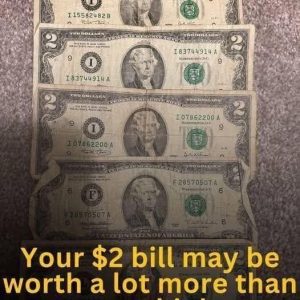Rapper Sentenced to 50 Months in Prison After Lengthy Legal Battle
On October 3, 2025, the music world held its breath as a federal judge sentenced a once-celebrated rapper to 50 months in prison. This verdict ended a prolonged legal saga that captivated fans and industry insiders alike, raising questions about celebrity accountability.
The rapper’s rise was swift and impressive. From humble beginnings, he gained fame with raw lyrics, catchy hooks, and a persona that balanced vulnerability with bravado. By his mid-20s, he had headlined major festivals and collaborated with top artists. However, legal troubles soon emerged, evolving from tabloid scandals to serious federal charges.
During the trial, defense attorneys highlighted his troubled past, the pressures of fame, and his music’s role in giving voice to marginalized communities. Prosecutors argued that his repeated harmful actions demanded justice, emphasizing the need to hold public figures accountable.
Judge Arun Subramanian ruled in favor of accountability, calling the 50-month sentence “both just and necessary.” The decision sparked mixed reactions: fans expressed sorrow and disbelief, while industry voices debated responsibility—some criticized labels for ignoring warning signs, others stressed individual accountability.
This case reflects a broader pattern in entertainment history, where fame’s glare exposes personal struggles and complicates legacies. It challenges society’s tendency to idolize celebrities while overlooking troubling behavior.
As the rapper begins his sentence, questions loom: Will he find redemption? Can his career survive? This moment marks a reckoning—not just for him, but for the music industry and culture that elevated him. Judge Subramanian’s words remain clear: talent does not exempt one from the law.
The ruling closes a dramatic chapter and opens a vital conversation on the costs of ignoring signs until it’s too late.





